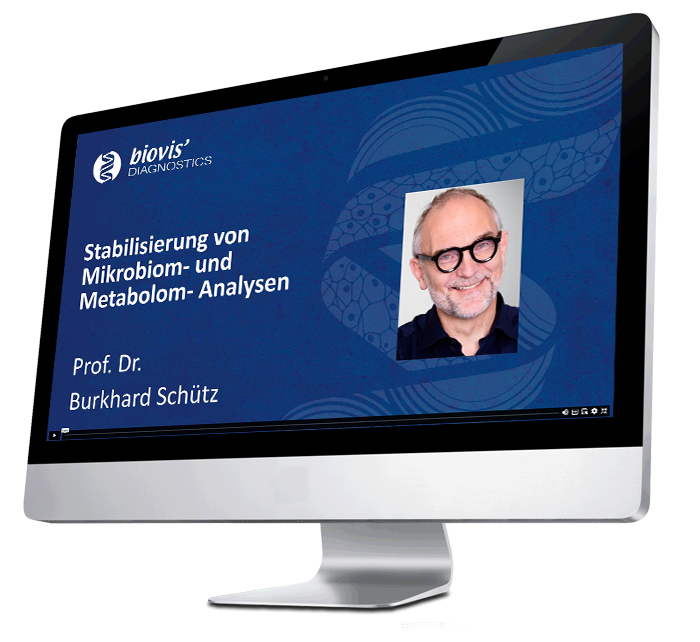Seminari online
Siamo lieti del Vostro interesse ai seminari via web di Biovis!
La partecipazione è gratuita.
Registratevi come utenti mediante la maschera apposita. Riceverete automaticamente per e-mail l’invito a ogni seminario web con il link di accesso.
È sufficiente una sola registrazione. Non è necessario quindi registrarsi nuovamente per ogni nuovo seminario.
Non avete potuto assistere ad un seminario via web? Nessun problema! Il video relativo sarà disponibile nella nostra mediateca già il giorno successivo.
Siete già registrati come utenti? Effettuate qui il login.

Speaker:
Prof. DDr. med. Dr. habil Claus Muss PhD
Nutritionist, Immunologist, Preventive and Environmental Physician
Mould toxins, such as mycotoxins and environmental pollutants, contribute to mood disorders by triggering neuroinflammation and immune dysregulation. This lecture examines the mechanisms of mood contamination, emphasizing how these toxins induce symptoms like anxiety, depression, and cognitive decline through elevated cytokine activity. We introduce Biovis Diagnostik’s innovative Zytokin Release Test, a cutting-edge diagnostic tool designed to detect subtle immunological responses to mild contamination, including mold and chemical exposures. By offering rapid and accurate identification of toxin-related immune activation, this test enhances early diagnosis, prevention, and personalized treatment approaches. The Zytokin Release Test marks a pivotal step forward in understanding and managing the impact of environmental toxins on mental health, providing clinicians with a powerful tool to address mood contamination effectively

